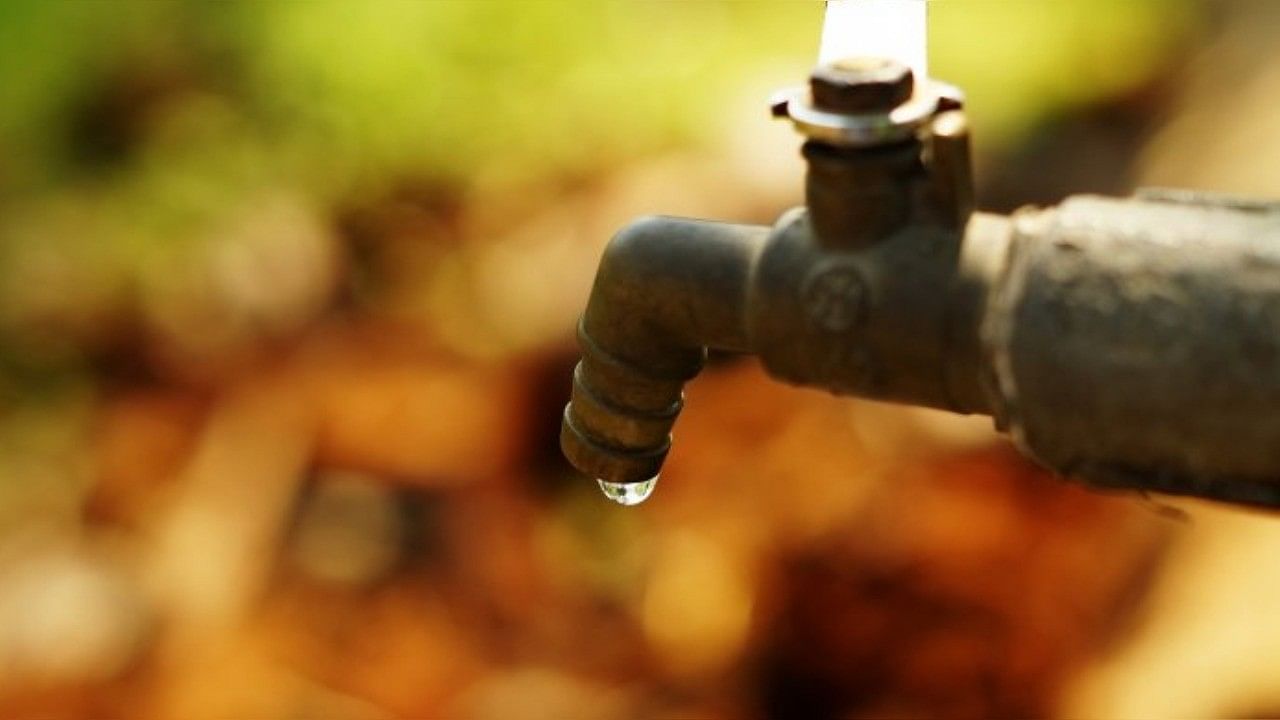
Warming climate has compelled farmers in India to adapt by intensifying the withdrawal of groundwater used for irrigation.
Credit: iStock Photo
The rate of groundwater depletion could triple by 2080, if Indian farmers continued to draw groundwater at the current rate, which could threaten the country's food and water security, according to a new study.
Warming climate has compelled farmers in India to adapt by intensifying the withdrawal of groundwater used for irrigation, the study led by the University of Michigan, US, found.
As a result, the reduced water availability could endanger the livelihoods of more than one-third of the country's 1.4 billion residents and thus, could have global implications, the study published in the journal Science Advances said.
"This is of concern, given that India is the world's largest consumer of groundwater and is a critical resource for the regional and global food supply," said senior author Meha Jain, assistant professor at the university's School for Environment and Sustainability.
The study analysed recent changes in withdrawal rates due to warming by looking at historical data on groundwater levels, climate and crop water stress to estimate future rates of groundwater loss across India.
Further, it took into account the farmers' potential need for increased irrigation under warming conditions, which would likely enhance water demand from stressed crops, the researchers said.
The farmers' adaptation strategy of intensified groundwater withdrawal had not been accounted for in earlier projections of groundwater depletion in India, the researchers found when they used temperature and precipitation projections from 10 climate models.
"Using our model estimates, we project that under a business-as-usual scenario, warming temperatures may triple groundwater depletion rates in the future and expand groundwater depletion hotspots to include south and central India," said lead author Nishan Bhattarai.
Most models looked at increased temperature, increased monsoon (June through September) precipitation and decreased winter precipitation in India over the coming decades, the researchers said.
For this analysis, the researchers' dataset consisted of groundwater depths of well across India, high-resolution satellite observations of crop water stress and temperature and precipitation records.
They found that warming temperatures, coupled with declining winter precipitation, accelerated groundwater declines at a rate far greater than that of groundwater recharge from increased monsoon precipitation.
Across various climate-change scenarios, their estimates of groundwater-level declines between 2041 and 2080 were more than three times current depletion rates, on average, they said.
"Without policies and interventions to conserve groundwater, we find that warming temperatures will likely amplify India's already existing groundwater depletion problem, further challenging India's food and water security in the face of climate change," said Bhattarai.